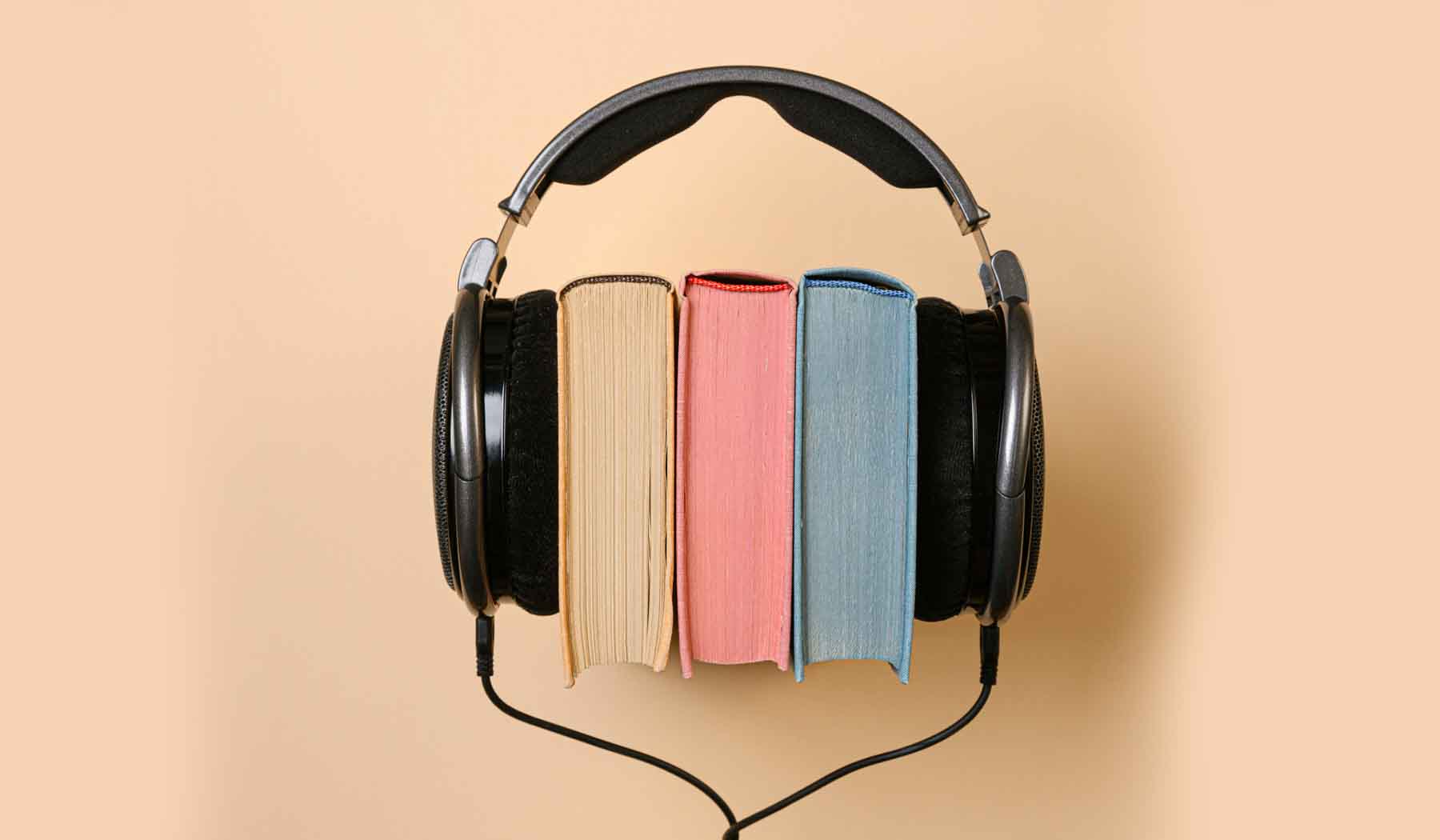In recent years, the popularity of audiobooks has exploded.
According to a report from the Audio Publishers Association, audiobook sales in the United States grew by 12% in 2020, generating $1.3 billion in revenue.
This growth can be attributed to a variety of factors, including the rise of smartphones and digital streaming services, the convenience and flexibility of audiobooks, and the increasing acceptance of audio as a legitimate form of literature.
Let’s explore the rise of audiobooks and how they’re changing the way we consume literature.
The Convenience and Flexibility of Audiobooks
One of the primary reasons for the growth of audiobooks is their convenience and flexibility.
With audiobooks, you can listen to your favorite books while doing other tasks such as exercising, commuting, or cooking.
This has made it easier for people to find time to consume literature in their busy lives.
Audiobooks are also more accessible than traditional books.
For people with visual impairments, audiobooks offer a way to enjoy literature without the need for braille or other assistive technologies.
Additionally, audiobooks can be downloaded and listened to on a wide range of devices, including smartphones, tablets, and smart speakers, which means that you can take your books with you wherever you go.

The Rise of Smartphones and Digital Streaming Services
Another factor contributing to the growth of audiobooks is the rise of smartphones and digital streaming services.
With the widespread adoption of smartphones, more people than ever before have access to the internet and digital content.
This has made it easier for publishers to distribute audiobooks through digital channels, such as Amazon’s Audible, which has become the dominant player in the audiobook market.
In addition to Audible, other digital streaming services like Apple Books, Google Play, and Spotify have also started offering audiobooks.
This has made it easier for consumers to access a wider range of audiobooks, regardless of the device or platform they use.
The Acceptance of Audio as a Legitimate Form of Literature
Finally, the rise of audiobooks can also be attributed to the increasing acceptance of audio as a legitimate form of literature.
In the past, audiobooks were often seen as a lesser form of literature, not deserving of the same respect as traditional books.
However, as more people have started consuming audiobooks, the stigma has begun to fade away.
Today, many audiobooks are narrated by professional actors, and the production quality has improved significantly.
As a result, audiobooks are now seen as a legitimate and respected form of literature, worthy of consideration alongside traditional books.
Choosing the top audiobooks is subjective and depends on individual preferences.

However, here are some highly rated and popular audiobooks:
- Becoming by Michelle Obama, narrated by the author
- The Harry Potter series by J.K. Rowling, narrated by Jim Dale or Stephen Fry
- The Martian by Andy Weir, narrated by R. C. Bray
- Born a Crime by Trevor Noah, narrated by the author
- 1984 by George Orwell, narrated by Simon Prebble
- Ready Player One by Ernest Cline, narrated by Wil Wheaton
- The Girl with the Dragon Tattoo by Stieg Larsson, narrated by Simon Vance
- To Kill a Mockingbird by Harper Lee, narrated by Sissy Spacek
- The Hitchhiker’s Guide to the Galaxy by Douglas Adams, narrated by Stephen Fry
- The Chronicles of Narnia series by C.S. Lewis, narrated by Kenneth Branagh or a full cast.
These audiobooks have received critical acclaim and are beloved by many listeners.
However, there are countless other audiobooks available in various genres, so it’s worth exploring and discovering new favorites.
Conclusion
In conclusion, the rise of audiobooks has been fueled by a variety of factors, including their convenience and flexibility, the rise of smartphones and digital streaming services, and the increasing acceptance of audio as a legitimate form of literature.
As more people discover the joys of audiobooks, it’s likely that their popularity will continue to grow in the coming years.
Whether you’re a fan of traditional books or audiobooks, the important thing is that we continue to consume literature in whatever way works best for us.










